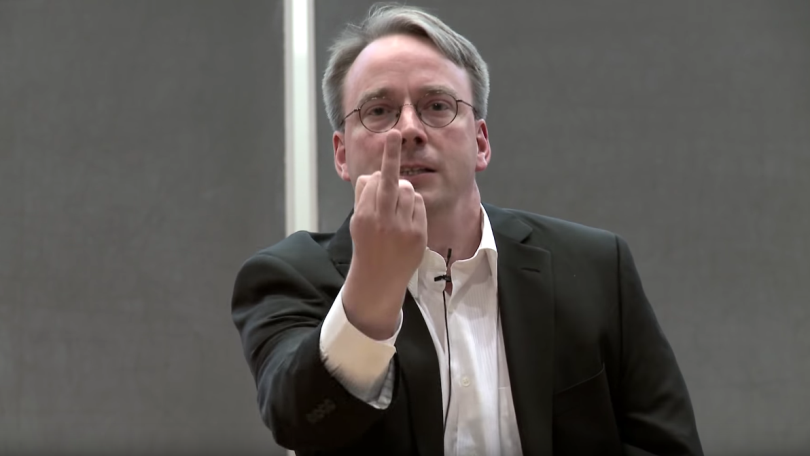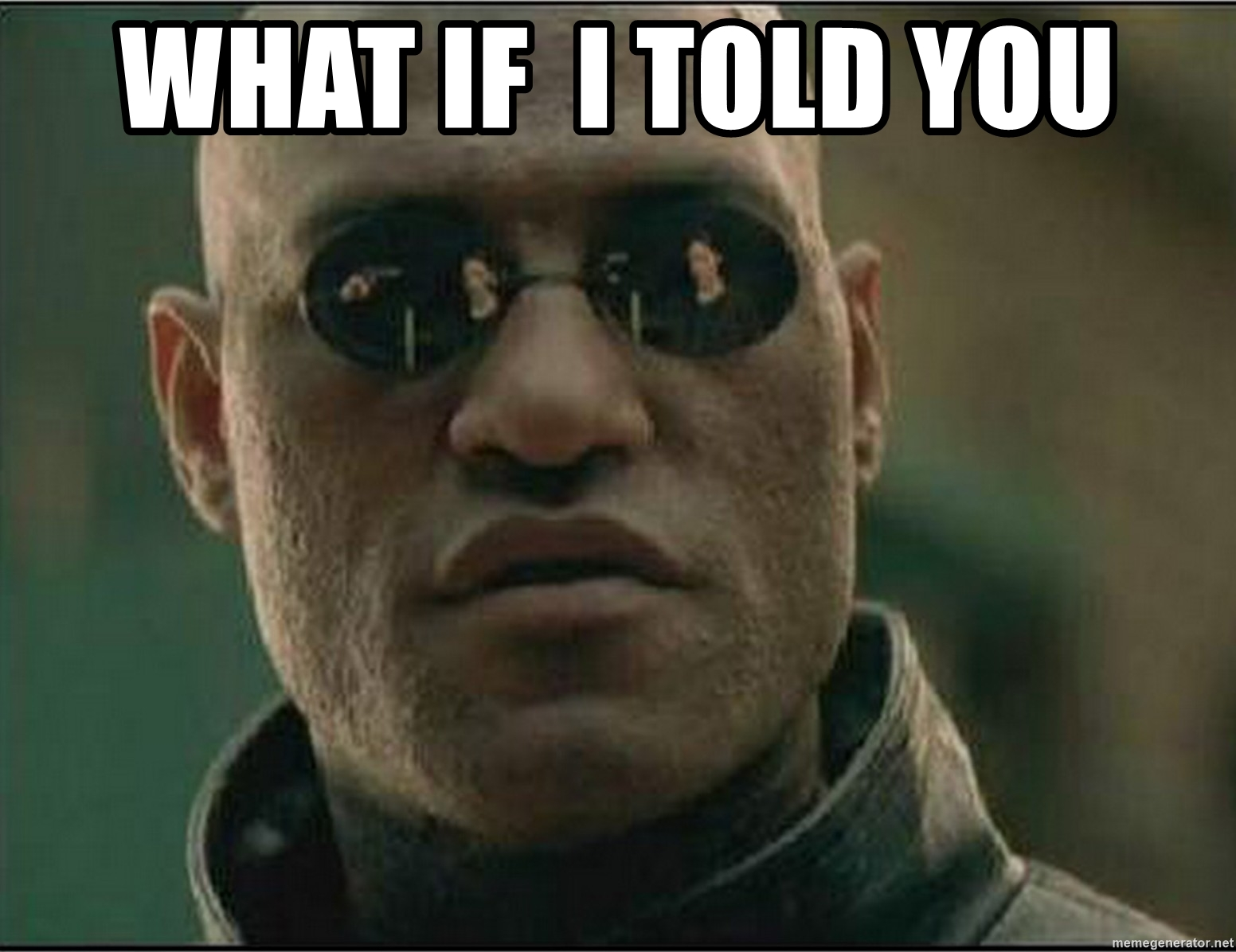 As an introvert, I spend a lot of time indoors, doing “computer stuff”, and when you spend a huge portion of your free time on the computer, you try to get the most out of it, with the least amount of headaches. Each computer has two parts to it, the hardware and the software, now you can’t do much about the hardware because it would cost you money to get new parts, but the ball is in your court when it comes to the software.
As an introvert, I spend a lot of time indoors, doing “computer stuff”, and when you spend a huge portion of your free time on the computer, you try to get the most out of it, with the least amount of headaches. Each computer has two parts to it, the hardware and the software, now you can’t do much about the hardware because it would cost you money to get new parts, but the ball is in your court when it comes to the software.
Enter Linux, a free and an open source (we will get to these terms later) alternative to Microsoft’s Windows, in this firs tpart, I will try to provide a basic understanding of what Linux is, some history, and how you’ve been using Linux without knowing it.
What is Linux
Just like Windows, Android, iOS, and Mac OS, Linux is an operating system. An operating system is software that manages all of the hardware resources associated with your desktop or laptop. To put it simply, the operating system manages the communication between your software and your hardware. Without the operating system (OS), the software wouldn’t function.)1
A little history lesson
At the dawn of the universe 2 (circa early 20th century), computers were huge, the size of a room, and each computer had its own operating system, so computers were really difficult to operate, and it was even harder to write useful software for them. In the early 60’s some cool nerds at Bell Labs, MIT and GM decided it’s time to create a universal operating system, Multics they called it, a few years into the project a bunch of even cooler nerds from Bell Labs weren’t satisfied with the progress of Multics, so they decided to create yet another operating system, UNIX was born, UNIX wasn’t free, nor open source (open source means that you can openly read the source code of a piece of software).
In 1991, a the coolest computer nerd of them all, Linus Torvalds from the university of Helsinki, Finland published the source code to his free and open source kernel (you can think of the kernel as the lowest layer in an operating system) under the name Linux, the name is a recursive acronym: “Linux Is Not UniX”.
Linus Torvalds, the creator of Linux
Now a kernel on its own isn’t a complete open source, so Linux decided to use the GNU (GNU: GNU is Not Unix) utils which are a set of useful tools and programs. Together, the GNU utils on top of the Linux kernel gave birth to the GNU/Linux operating system. The Linux part of the name stuck, and the GNU fell into obscurity and memes.
How come I never heard of Linux
Now you may wonder, how come I never heard of this Linux thing before, well mainly because the majority of the computers you buy come pre-installed with Microsoft Windows (or macOS if you’re rich enough) and I don’t blame you, I blame capitalism but that’s another story, people use what they’re familiar with, and try not to get out of their way to try new things; if it ain’t broke, don’t fix.
 But what if I told you that you’ve been using Linux your entire life? that’s right, 77.4% of the servers that run the internet use Linux as their operating system. 70.80% of smartphones and tablets use Android, which is built on Linux. 38.42% of embedded systems, and 100% of the world’s supercomputers run Linux.
But what if I told you that you’ve been using Linux your entire life? that’s right, 77.4% of the servers that run the internet use Linux as their operating system. 70.80% of smartphones and tablets use Android, which is built on Linux. 38.42% of embedded systems, and 100% of the world’s supercomputers run Linux.
Actually the only area where Linux is absent is the desktop market with a share of only 2.87%, otherwise Linux is everywhere, in your smart appliances, satellite receivers, routers..etc. Linux is used in nuclear power plants, hospitals, NASA, and even on the international space station!3 4 5